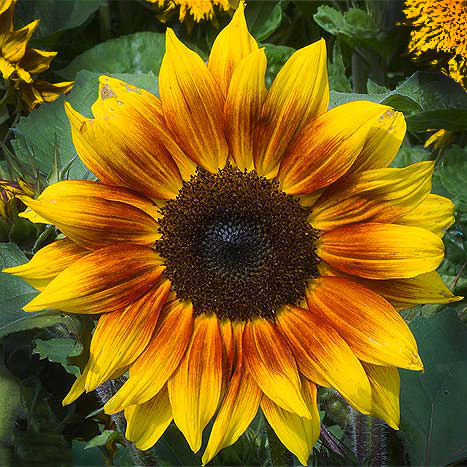Canada’s climate-stressed watersheds

In 2017, WWF-Canada completed a national assessment of Canada’s 25 major watersheds, which contain a total of 167 sub-watersheds. The assessment identified priority actions to ensure all waters in Canada are in good ecological condition by 2025. The reports look at threat indicators such as pollution, habitat loss, invasive species, and climate change.
The climate change indicator was developed using anomalies in temperature and precipitation. Four sub-indicators were used: summer maximum temperature anomaly; winter mean temperature anomaly; spring precipitation anomaly; and summer precipitation anomaly. According to the assessment, “Even small shifts in temperature and the precipitation that replenishes rivers can have a large impact on ecosystem dynamics, including change in water levels and rate of flow.”
The assessment concluded that 53 of 167 sub-watershed exhibit high or very high levels of stress. Twenty-one sub-watersheds are experiencing high impacts from climate change, including the Peace, Athabasca, South Saskatchewan, Assiniboine, Red, Winnipeg, and most of northern Quebec and Southern Baffin Island watersheds.
The assessment also exposed the significant lack of data and monitoring for many of these indicators across the country, meaning we do not have sufficient baseline to assess impacts properly and cannot make evidence-based decision to ensure watershed health. The federal government is working to establish a new Canada Water Agency to promote collaboration between different levels of government, Indigenous communities and scientists with the goal to “keep our water safe, clean and well-managed.” This commitment was reiterated in the Throne Speech on September 23. A national agency would improve data collection and access to data to make decisions that will protect water.
TODAY’S RESOURCE
Explore WWF-Canada’s interactive map to learn about the threats and stressors on your local watershed.
TODAY’S ACTION
Climate Action Month wraps up tomorrow! Take today to reflect on what you learned this month and make a personal commitment for the year ahead. Your personal commitment can reflect a change you want to make in your own life, an issue you want to learn more about, or something you will advocate for in your community or to your members of parliament.
 |
Today’s flower on the |
